Radio 4 recently ran an adaptation of Albert Camus’s The Plague in which the protagonist, Dr Bernard Rieux, was transformed into a woman. A woman who was enjoying a lesbian ‘marriage’. Of course they did, you will be muttering to yourself. If the BBC can transgender a rabbit in Watership Down they can certainly put a lesbian in The Plague.
The boss of BBC audio drama, Alison Hindell, explained that the masterpiece had been altered to provide ‘contemporary resonance’. Does it resonate with you? Drama invites us to suspend our sense of disbelief for a while but needs to have at least a slender connection to reality. The original story is set in Oran, Algeria. Yet nobody thought it a bit rum that this well-to-do doctor batted for the other side. Openly. She was not harangued in the street, imprisoned, fined or assaulted. Her sexual preference was of no consequence at all — it was as if the drama took place at a dinner party in Muswell Hill in 2020 consisting entirely of BBC commissioning editors and their cringing catamites. It made one kind of urge the plague to hasten its arrival: come, friendly rats!
Hindell was interviewed on the BBC’s Feedback programme and tantalised listeners about a new series she had just commissioned. It’s called A Season of Nigerian Literature. Can you wait for autumn? I can’t. I hope one of the plays is about the bloke who contacts me via email every so often requesting my bank details so he can give me some money. Hindell had been asked if she was aware that some people thought BBC radio dramas a little metrocentric. A little bit too London. The Nigerian literature stuff was her answer to that accusation. If they ain’t Muswell Hill, they have to be Nigerian, then.
The irony is that she had a very non-London drama right before her eyes in The Plague, but managed to make that every bit as London as the rest of the stuff she commissions. To her credit, Hindell did announce a new Agatha Christie drama. But I will bet that in this episode Ms Marple (previously Bob Marple) will be hot on the trail of horrible mask-deniers and people who use the wrong pronouns: ‘A misgendering is announced.’ We all need a bit of contemporary resonance, after all — and there is no reason why Agatha Christie should be spared. Other commissars have already ruined Midsomer Murders. Nowadays there is no question of whodunnit — it is always the only member of the cast aside from Inspector Barnaby who is a straight white male.
This kind of thing is the only reason I tune in to the BBC any more — in the expectation that its wokeness will give me a belly laugh. The distance the BBC travels each day from the values of its core audience will soon be measurable only in astronomical units. It is almost — although not quite — worth the licence fee.
And one can take pleasure in the slightest of things, but not least woke pronunciation. This has long been a staple of the BBC and an indication of its progressiveness — pronouncing foreign place names in a manner which nobody else on Earth does. They have been at it this past week or so with ‘Lebanon’, exaggerating the last syllable absurdly, presumably in a nod to the Arab pronunciation. But we are not Arabs, most of us. We are comfortable and happy with the way in which we pronounce Lebanon and understand the word when it is uttered. You might ask why the BBC doesn’t go the whole hog and refer to the country as Al Jumhuriyah al Lubnaniyah.
Why does the BBC do this? What boundary does it think it is pushing back? Why does it feel the need to pronounce the name of Angela Merkel in the ludicrous, hyperbolic manner in which it does — or, for that matter, the name of Emmanuel Macron?
We are British and pronounce things phonetically, the way we see them. It is no slight to foreigners that we do this; they do the same thing with us.
It is especially galling with place names: Catalonia and Andalucia are both articulated by BBC reporters and newsreaders as if they were auditioning for the part of a waiter in Fawlty Towers. Much the same goes for the Portuguese resort of Praia da Luz. And don’t get me started on Chinese place names. But it is a fallacy and a non-sequitur. We don’t pronounce Paris ‘Paree’ or Moscow ‘Moskva’. We stick to the way we are accustomed to pronouncing them, and as a consequence the audience knows what we are talking about.
In fairness, this is not a new development for the Beeb. I remember being a young producer on the Today programme in the late 1980s and seeing a rather odd–looking, bedraggled chap enter the studio when Brian Redhead was on air. He had come from the BBC’s pronunciation unit and objected to Redhead’s pronunciation of the country Turkey. He pressed the talkback button while another interview was being played and told the presenter: ‘It’s not Turkey. You must pronounce it Turk-ee-yah.’ I am delighted to say that Brian responded with brevity and vigour — just two words, each of a single syllable and of Anglo–Saxon origin. But what if he had heeded the complaint of this idiot? People would have thought he was mental, or taking the piss.
I suspect it is a case of the BBC telling us that the world should not be seen through a British prism – and is allied to the corporation’s far more egregious policy of replacing British-born foreign correspondents with (sometimes unintelligible, often simply not very good) locals. Whatever, it is another milestone on the BBC’s exciting journey away from its audience.
Got something to add? Join the discussion and comment below.
Get 10 issues for just $10
Subscribe to The Spectator Australia today for the next 10 magazine issues, plus full online access, for just $10.
Spectator.co.uk/Rodliddle
The argument continues online.
You might disagree with half of it, but you’ll enjoy reading all of it. Try your first month for free, then just $2 a week for the remainder of your first year.


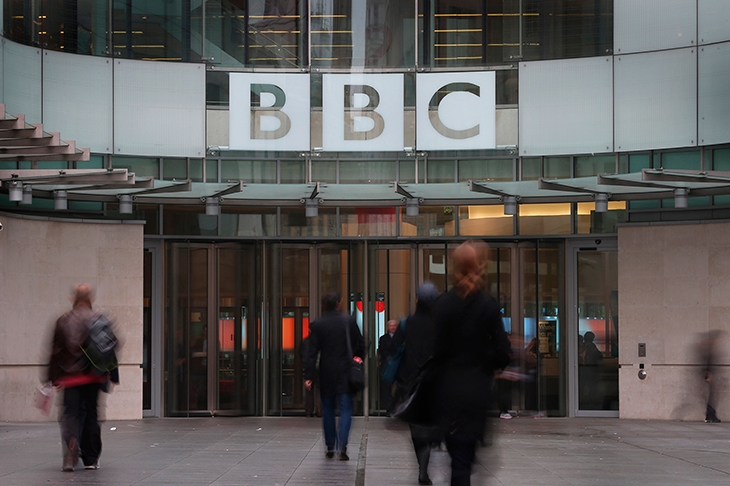
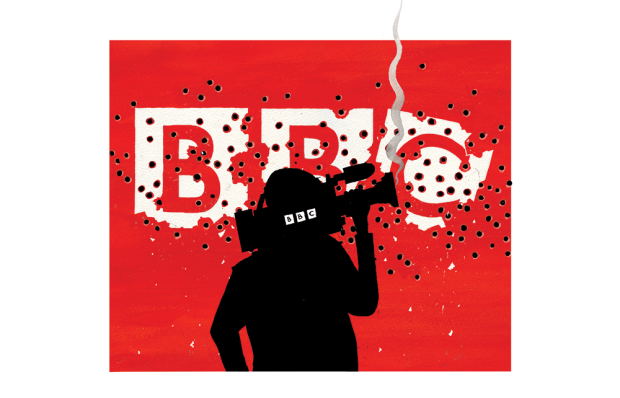
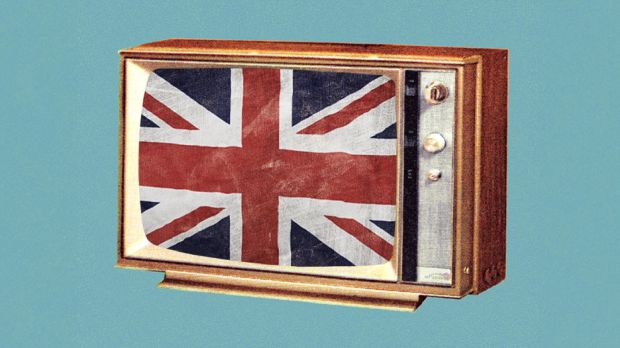
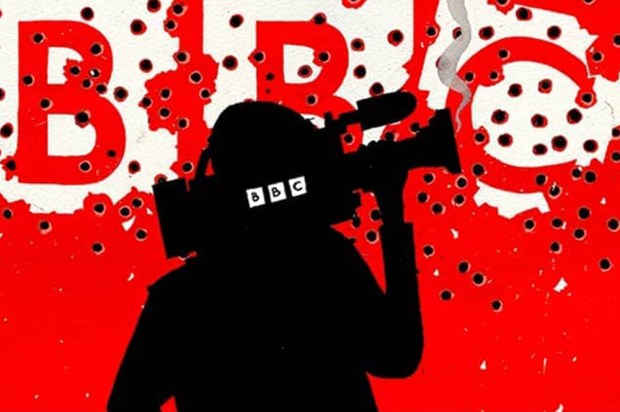
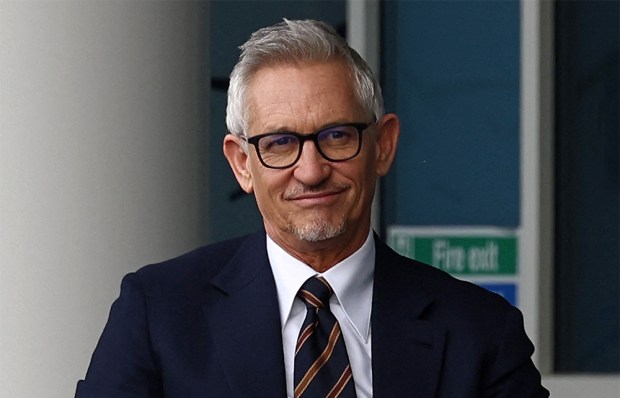
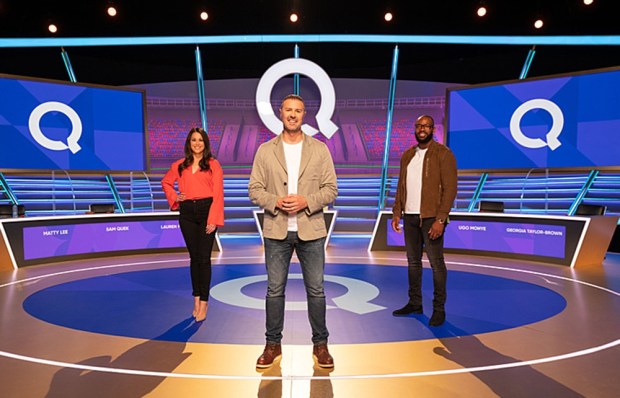
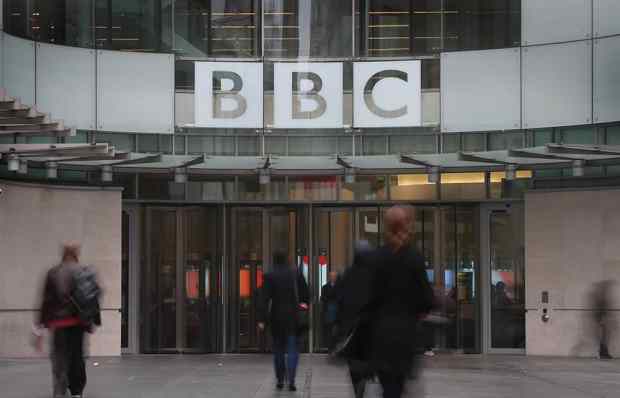






Comments
Don't miss out
Join the conversation with other Spectator Australia readers. Subscribe to leave a comment.
SUBSCRIBEAlready a subscriber? Log in